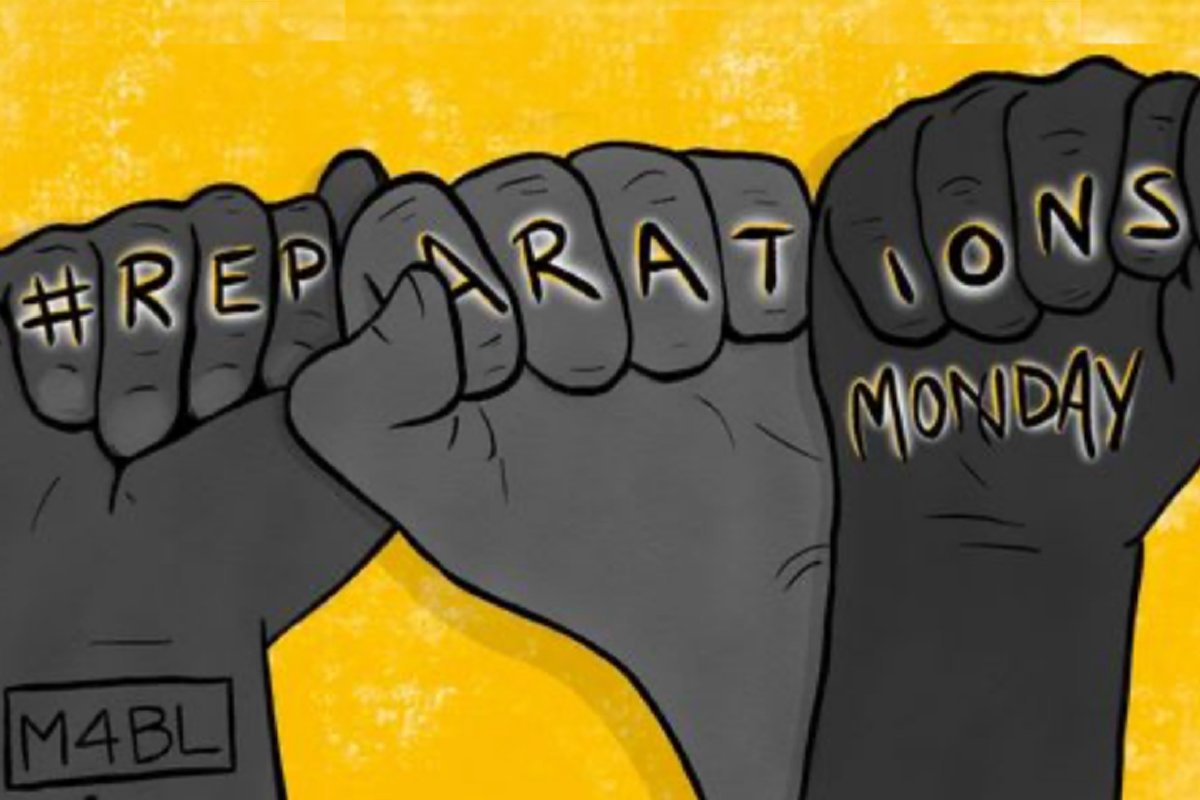Wellspring’s International Human Rights (IHR) Program seeks a consultant with experience as a practitioner in the transitional justice field to support the Senior Program Officer to further develop a line of grant making to advance implementation of reparation programs for victims and survivors of mass or war-related atrocities and crimes.
As part of a strategy within the Program’s funding Theme: Rights in Conflict and Crises, the Program seeks, between 2022-2026, to support a diverse set of organizations in the human rights field that advocate to ensure a stronger functioning ecosystem of international, regional and national mechanisms, and to advance complementary forms of justice that include truth, reconciliation, and measures for reparations or redress that respond to survivors’ material, economic, and other forms of harms.
“Reparations” is a catch-all term that encompasses all measures that might be deployed to remedy violations of rights. It typically includes five ‘types’ of measures—compensation, restitution, rehabilitation, satisfaction and guarantees of non-repetition—as detailed under the UN Declaration on Basic Principles on the Rights of Victims of Crime and Abuse of Power (1985)1 , the UN Basic Principles and Guidelines on the Right to a Remedy and Reparation for Victims of Gross Violations of International Human Rights Law and Serious Violations of International Humanitarian Law (2005) 2 , and various other policy documents and judicial decisions.
- UNGA, Declaration of Basic Principles of Justice for Victims of Crime and Abuse of Power, available at http://www.un.org/documents/ga/res/40/a40r034.htm
- UNGA, “Basic Principles and Guidelines on the Right to a Remedy and Reparation for Victims of Gross Violations of International Human Rights Law and Serious Violations of International Humanitarian Law”, Adopted and proclaimed by General Assembly resolution 60/147 of 16 December 2005; UNGA, “Declaration of Basic Principles of Justice for Victims of Crime and Abuse of Power”.
In policy and international co-operation circles, reparations as a key justice and security issue for transitional societies has received considerable attention as well as national government, bilateral and private funder support. This notwithstanding, implementation of reparations remains elusive in practice. This in large part because of weak political and financial commitment, primarily by states that bear the primary duty to ensure implementation of reparations. For funders, the challenge resides in models of potential support. On implementation modalities, there is a tendency on the part of civil society actors, the advocacy field and the academic sector to default to policy pronouncements on the ‘ideal’ of reparations. National-level truth and reconciliation commissions and court-ordered reparations often fail to pronounce on, or to resolve questions of implementation and leave the question of implementation in limbo. At the very best, gap-filling ad hoc mechanisms are resorted to by underfunded NGOs and UN agencies that focus almost exclusively on limited aspects of reparations—typically psycho-social support for victims of sexual violence and women’s empowerment programs.
The overall goal of this consultancy is to review Wellspring’s current grant investments pertaining to reparations, and to provide an overview of and recommendations for key potential grantee advocacy or other organizations working towards the implementation of reparations or reparation programs and or ongoing applied research that may need more leveraging.
Over an estimated work period of 6- 8 weeks (with a targeted end date of May 30th), the consultant will consult with the Senior Program Officer, relevant Wellspring grantees, field and academic experts and peer private foundations. The consultant will produce a written framework that provides an analysis and recommendations for grant making. The framework should include:
- A summary of the current scope of reparations focused work of existing Wellspring grantees.
- An articulation of the case (or not) for Wellspring’s support for advocacy or research focused on implementation of reparations or reparation programs.
- An assessment of potential new opportunities to move progress or achieve impact on the issue of reparations in transitional justice and the potential short, intermediate and long-term outcomes for reparations-focused grantmaking (over a 2-5-year period).
- A recommendation of scenarios for spending a possible allocated budget.
- A mapping identifying organizations and initiatives operating in this space, including potential grantees, if Wellspring were to adopt these recommendations, and/or specific projects, with notes about the advocacy tactics and approaches employed by potential grantees, how funding could be used, and how these organizations could work together as a cohort.
The consultant should prioritize potential grantees or organizations that respond to as many of the following criteria as possible:
Mandatory:
- Are charitable/not for profit
- Are globally focused, or target Africa, Latin and Central America and Myanmar.
Desirable:
- Center the leadership of those most closely affected by the violations or crimes that drive the need for justice and reparations.
- Have the potential to develop grant outcomes that are concrete, tangible and are focused on reparations.
- If efforts are locally or nationally focused, they are “emblematic” of the broader framework, and can likely have wider impact on the global reparations field.
- Use advocacy, policy and capacity building as primary tactics.
The consultant will also make themselves available for one to two presentations to interested Wellspring staff or representatives from grantees or other foundations in addition to routine communications (email and zoom/phone) with the project lead at Wellspring.
Budget/Methodology: Interested consultants should present a 2–3-page proposal detailing the budget and methodology to accomplish this work. In addition to the presented methodology, likely work will include conversations with a diverse range of informants which include a cohort of Wellspring grantees, thought leaders engaged in transitional and international criminal justice and human rights advocacy, desk research and dialogue with the Wellspring Senior Program Officer.
Interested applicants for this consultancy should send a proposal for consideration by 20 March 2022to Patrick Mellen: pmellen@wpfund.org
Timeline for consultations and final product: Approximately 6- 8 weeks. Due to internal deadlines, the final product is expected no later than May 30th.


